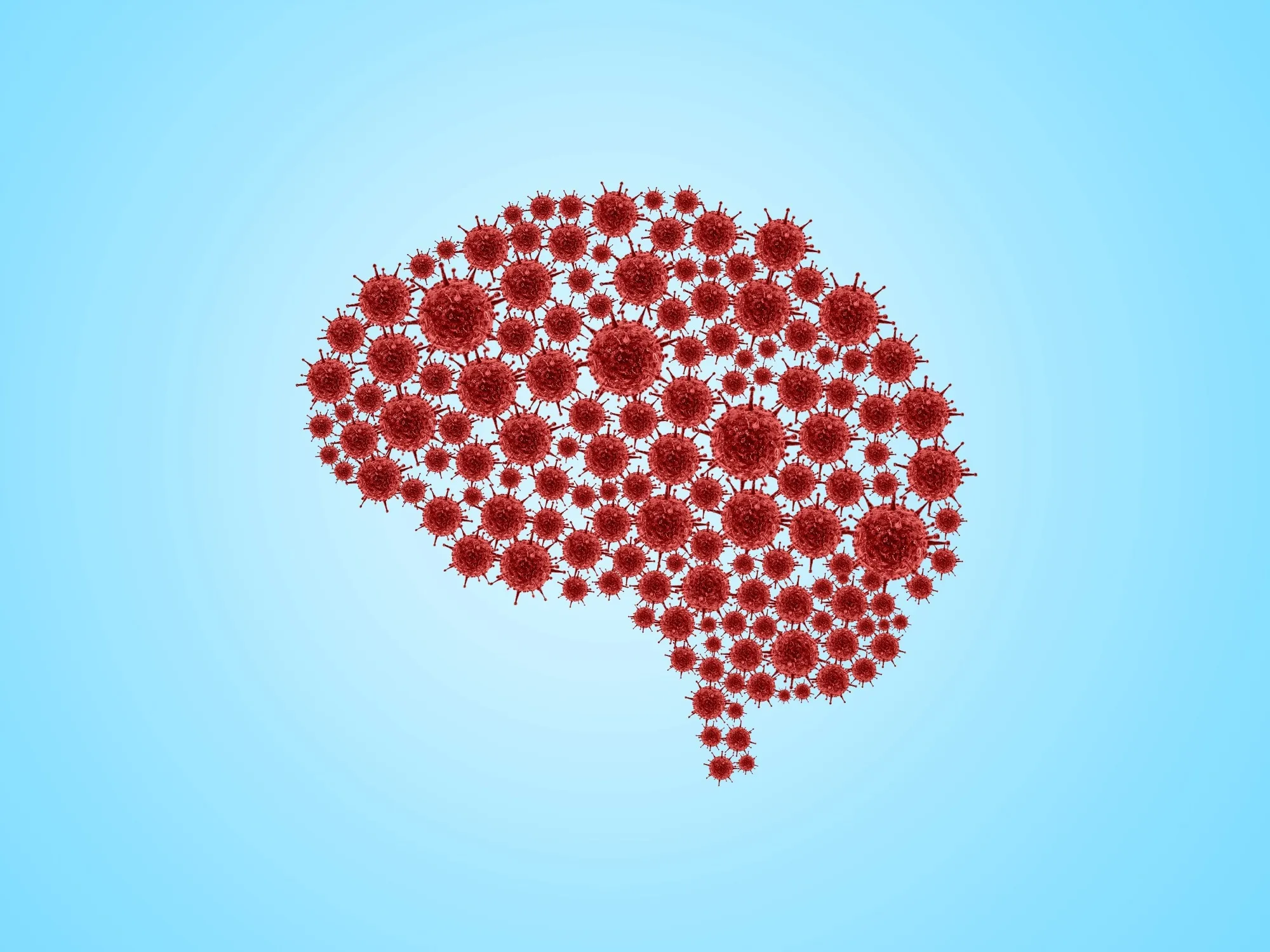Mild COVID-19 and Its Impact on Adolescents' Brain Connectivity and Cognitive Function

Mild COVID-19 and Brain Connectivity
A study reveals that adolescents who contract mild coronavirus disease experience significant alterations in brain structure and function. Imaging studies using magnetic resonance imaging (MRI) reveal that regions such as the hippocampus and cortex show reduced volume and disrupted connectivity.
Key Findings on Cognitive Function
- Adolescents exhibit decreased cognitive function, particularly in working memory.
- Changes in the brain's amygdala are evident, affecting emotional responses.
- Patients reported higher levels of anosmia, indicating olfactory dysfunction related to COVID-19.
Psychiatric Implications Post-Pandemic
As we emerge from the pandemic, understanding the long-term effects of COVID-19 on the nervous system is critical, especially in vulnerable groups like adolescents. Ongoing research in psychiatry will help address these concerns, shedding light on cognitive health.
This article was prepared using information from open sources in accordance with the principles of Ethical Policy. The editorial team is not responsible for absolute accuracy, as it relies on data from the sources referenced.